This guest post is brought to you by David Cantú Garcia. It is an awesome story and you will enjoy reading it. Thanks David for sharing.
What a man, he made all the John Wayne’s look like punks. Papa Lalo, as I called him, was my father’s foster father and his baptismal Padrino, but he was the only Grandpa I knew on my father’s side. Don Eulalio Contreras Garza, my grandfather, was born in El Rancho de Los Solis’s outside of La Grulla Texas in Starr County on February 12, 1876. His father Apolonio Contreras Villarreal and his mother Demetria Garza Solis were descendants of the original porciones grantees. Demetria Garza died on 30 Apr 1930 at Precinct No 5, Starr, Texas, she died at the age of 82 years of age, her birth year is 1848, her birthplace was Ciudad Camargo, Tamaulipas, Mexico her father’s name was Nepomuceno Garza and her mother’s name was Maria Eugenia Solis she was buried at Solis’s Cemetery in La Grulla Texas on May 1st 1930
Papa Lalo stood more than six feet three inches tall, straight as a wooden soldier. His eyes were a penetrating light brown, his hair pitch black; even as an old man he still had a bounce in his step, a strong hand shake and plenty of black hair. He had the face of a movie star and was well versed in history and politics. He worked on his father’s fields and properties until 1895 when he built a blacksmith shop on family property at the old river crossing at the contraband river crossing at Villarreales and Valadeces Tamaulipas on the Mexican side of the river but he maintained his residence and his own farming business properties in what is now Los Solis’s de La Grulla Texas.
In 1897, that river frontage on the Rio Grande was a contraband crossing from Valadeces to La Grulla where small appliances, dry goods and other necessary goods would be traded back and forth. The crossing could quite easily be negotiated by swimming across, by chalupa or on horseback. I recall him saying that his blacksmith business would clear him as much as five dollars per month and that much money was hard to come by during the depression of that time.
He was a strong, versatile, easy-going workaholic. His workdays were often sixteen hours or more. He spent most of this time over the hot coal-fired forge and large anvil, hammering an edge on plows or horse shoes and other items used in farming communities around on both sides of the river. Business grew and he purchased an additional forge and anvil and in 1900 he built a huge guest house to help feed and accommodate the travelers and farm workers. He would welcome every one and became quite the politician. When I met him 47 years later we were calabaza candy salesmen. Papa Lalo would make candy, barbacoa, chicharones and cabrito in the back yard and he and I would go to La Grulla to sell our merchandize, and he made me carry the money and make the sales pitch and handle the money and the change. He made me feel like the most important and fortunate person in the world. He made sure I would keep that feeling for the rest of my life.
On Sundays, he would load his farrier equipment and apply his other trade: shoeing horses in surrounding communities. El Rancho de Los Villarreales, el Rancho de Las Cuevas, or Camargo and Valadeces always had several horses to be shod and one Sunday each month was spent at those places. The money made on Sundays not only kept him in business, but also kept many area farmers, ranchers and the local dairy in business supplying his needs. Money was scarce, but credit was never refused at Papa Lalo’s shop. Most payments were in the form of essentials, such as eggs, chickens, butter, hams, fruit and garden produce. On more than one occasion, horses, calves and even live hogs were delivered to his home as payment for his services.
Papa Lalos’ ‘s shop was becoming a focal meeting point at the river during the terrible turn of the century. People would come to the crossing, drop off their various jobs and visit while their repairs were being made. His Guesthouse had become a sort of social center. In time it became a safe place for political discussion.
One historic event that Papa Lalo talked about was when in 1906 El Carnicero from San Miguel de Las Cuevas Abelino Mata, and Papa Meme came to see him to discuss a way in which military merchandise could be crossed into Mexico. At that time Revolutionaries were preparing for a revolution in Mexico and they were organizing meetings with leaders in Tamaulipas. The revolutionaries needed weapons and were willing to go to all means to obtain them.
The weapons would be acquired from sources in San Antonio then passed over the Rio Grande River in boats at Papa Lalo’s Crossing from La Grulla to Valadeces or Villarreales and from there the weapons would be taken to the El Rancho San Vicente del Potrero to be delivered by mule drawn wagons to points west and south.
This is where and how Papa Meme, Tio David, Papa Silverio, and all of our great uncles and Papa Lalo met. Papa Meme worked for the Mexican Government and patrolled the Mexican side of the river as a border agent from Ciudad Rio Bravo, then called La Estación del Ebano, to Ciudad Mier. Papa Lalo was now serving breakfast lunch and dinner at his Guest House (Casa de Huéspedes) and Papa Meme would drop in from time to time to freshen up, enjoy a warm meal and indulge in good coffee and good conversation.
More than once Papa Meme told me about participating in meetings at the guesthouse discussing political subjects and sharing stories of the Mexican Revolution with his friends such as the Flores Magon brothers and others who motivated el Tio David and others to finally join the Revolution. And I still choke up when I recall how his eyes would swell up with tears when on occasion, he would tell me of how armed gringos would fire upon on and commit bloody atrocities against our people, especially in isolated rural areas. These brutal incidents against U.S. citizens of Mexican descent would quickly prompt an aggressive counter response from some quick tempered Tejanos, especially when the authorities would side with the gringo criminals, and he would answer with their own retaliation against the vile gringos and authorities. The result was a reign of turmoil and violence in the lower Rio Grande valley marked by atrocities, depredations, cruelty, and bloodshed, with the Texas Rangers establishing fear and terror among the Tejano population in an effort to maintain Anglo-American social control. According to him, it was a war.
The Rangers had become the vicious perpetrators of Terrorism, violence and mayhem creating the only topic of discussion at Papa Lalo’s Guesthouse. The summary executions of “meskins” as they were called by Rangers were by no means, isolated events, nor were the Rangers the only perpetrators. Local sheriffs and other gringo town officials, along with the general Anglo populace, also became involved. Thousands of our ancestors fled their lands in the United States for refuge in Mexico in the face of the Ranger and Sheriff raids and the rampant gringo terrorism.
My Grandfather Lalo was an unofficial politician on both sides of the border and over the years Papa Lalo had emerged as a leader in his community on both sides of the river. A corrupt Porfirio Diaz dictatorship in Mexico and the racist Ku Klux Klan Rangers in Texas made living outside the law as a contrabandist a necessity and the only possible means of survival and support. Contraband was simply commerce. He personally had been Godfather to hundreds of new born babies that would be crossed over from Mexico and baptized and registered on the north side off the river, he was everybody’s Padrino. He was my father’s Padrino he was my Tia Nene’s Padrino and if I recall correctly my Tia Lala is named after him. For the poorest of the poor Papa Lalo’s guesthouse became their Ellis Island. Papa Lalo was a statue of liberty for them, their entry to a better life if they could get beyond the border. His hopes of economic and social advancement for his people were dashed by the terror of the Anglo violence. In spite of his best efforts conducting meetings and organizing Benevolent Associations, along with those who shared his views, they soon became convinced that living in south Texas was living in a war zone. At least that is the excuse that my Tio David Garcia gave when he announced that he had sold his general store where Sam Fordyce now stands, was buying horses and rifles, equipping a troop of jinetes and of to the revolution he would go.
Copyright © David Cantú Garcia. All rights reserved. To reuse this article please contact. popio44@hotmail.com



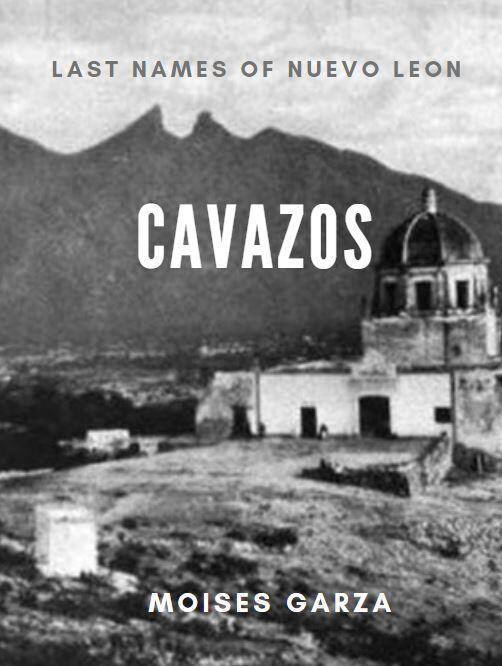
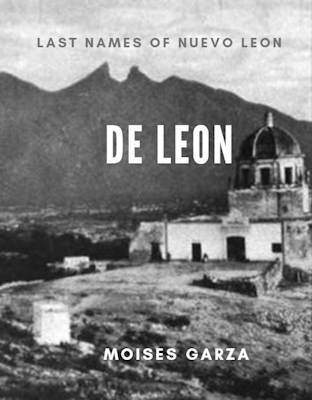
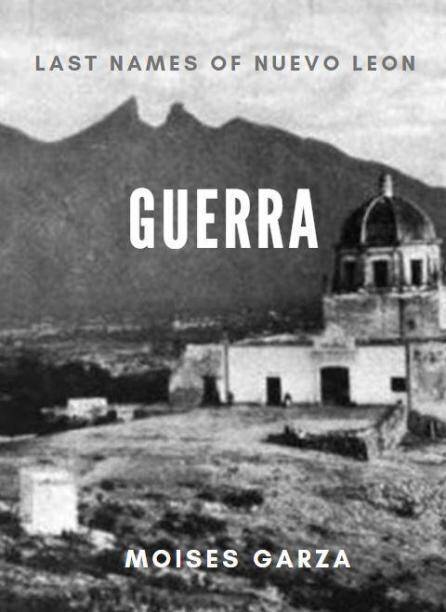
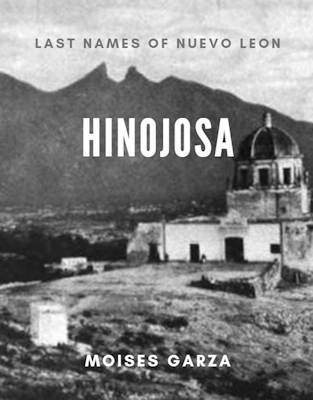
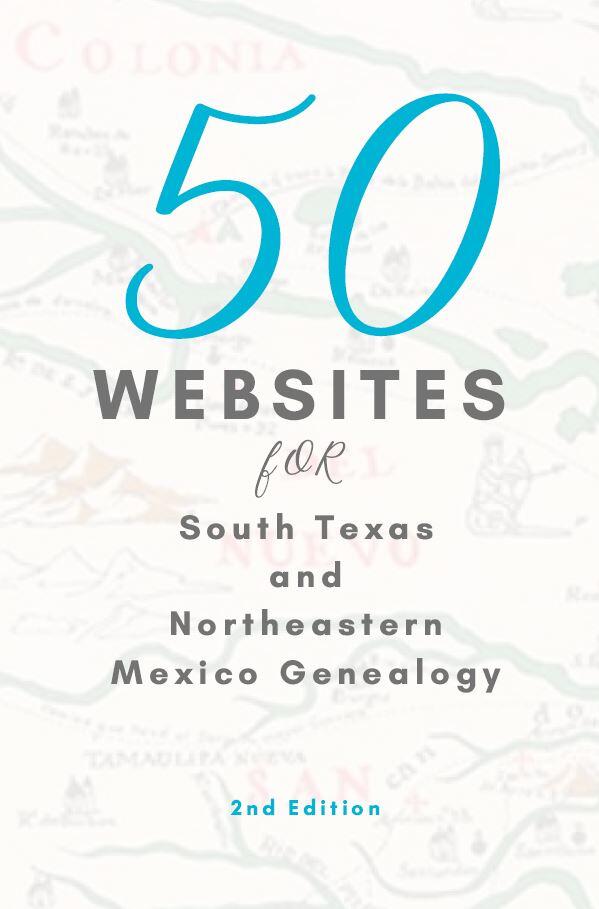
My family is from Valadeces, I don’t hear much about that place. Good read!
Brenda, this is an awesome story. I wished that I had more information about Valadeces and its surrounding communities. I just know that any old records may be found in Camargo or Reynosa. If you ever want to share anything about your family you can always do so by doing a guest post.
Take care and thanks for reading,
Moises Garza